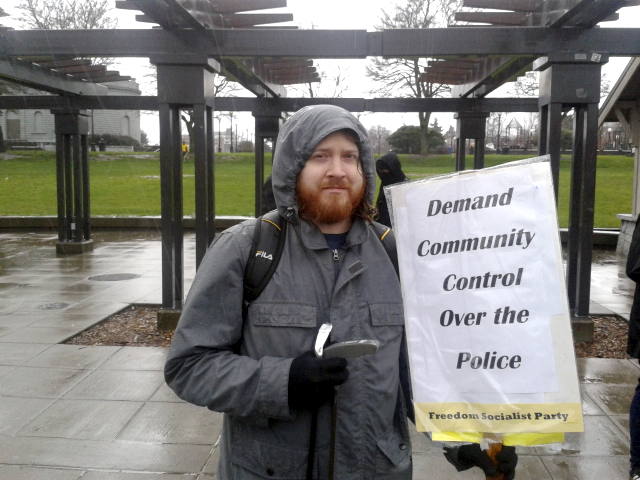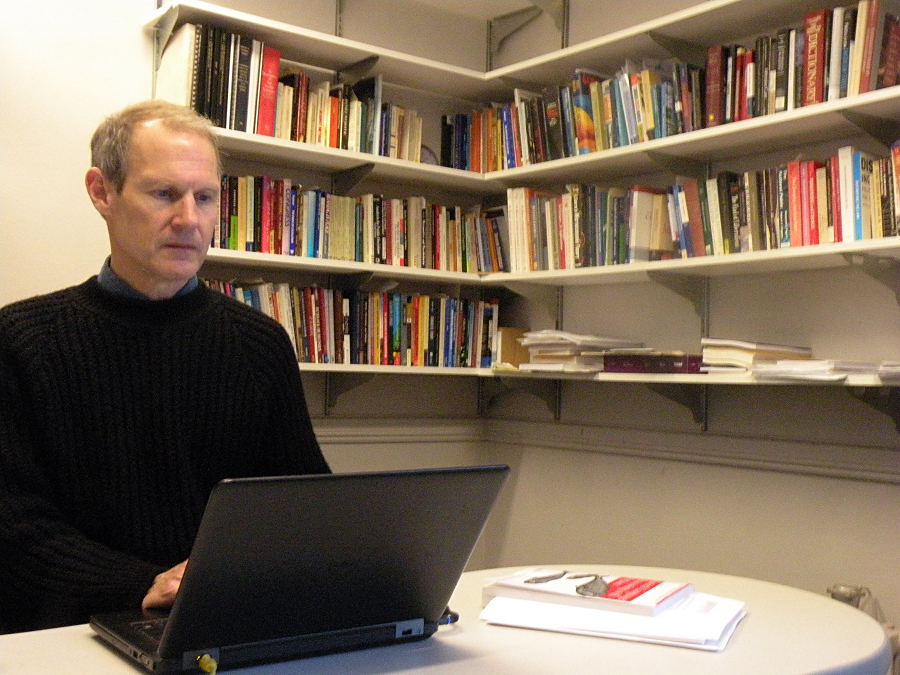Late last month, campaign-finance-reform activists got some good news when a bill calling for a constitutional convention was assured consideration in the House State Government Committee in Olympia. The aim of the convention would be to propose “a free and fair elections amendment” to the U.S. Constitution. That amendment would nullify the Supreme Court’s 2010 ruling in Citizens United v. FEC, which lifted all restrictions on independent corporate-funded advocacy regarding elections. But there is a long way to go before that happens. What is the path forward, and what are the pitfalls?
The Convention: Article V of the Constitution provides two paths to an amendment. One is through the will of the U.S. Congress. The other—currently being pushed by a national activist group called Wolf PAC—goes through the states and requires two-thirds of their legislatures to request a constitutional convention. Such bills have been passed in four states—Vermont, California, Illinois, and New Jersey. Washington, some activists hope, will be next. So once every week, a few Wolf PAC volunteers spend the day at the capitol attempting to build support for the bill. “Right now it’s stuck in committee and there’s no motion likely until 2016,” says Washington’s Wolf PAC leader Jeff Eidsness. “So what we need to do is inoculate as many people as we can against all the fears.”
The Runaway Convention: State Senator Jamie Pedersen is no enemy of campaign-finance reform, having endorsed several attempted measures in the past. But the 43rd District democrat believes a constitutional convention could cause trouble. “I think if you open up the Constitution, you could potentially have a convention that would make much more dramatic changes to [it],” he says. “Would we ban flag-burning? Would we be doing something about personhood beginning at conception? I don’t know what things might be in there. There are a lot of pieces of the Constitution that are very protective of minority rights or the right of the accused that aren’t necessarily popular.”
The Congressional Amendment: Eidsness says the “runaway convention” is a “myth,” but he wouldn’t mind avoiding the whole affair either. Drawing on history, he explains how the threat of a convention can be enough to exact change. “With the 17th amendment, they were two states away from actually having a convention, at which point Congress is like, ‘Yeah, we better do this’ because they want the credit,” he says. “I don’t think a convention is going to happen, but we need to ask for it. The convention is not the goal, the amendment is the goal . . . History shows us that calling for a convention is the only legitimate way that people who aren’t arbitrarily wealthy can influence Congress to do the will of the people.”
news@seattleweekly.com







